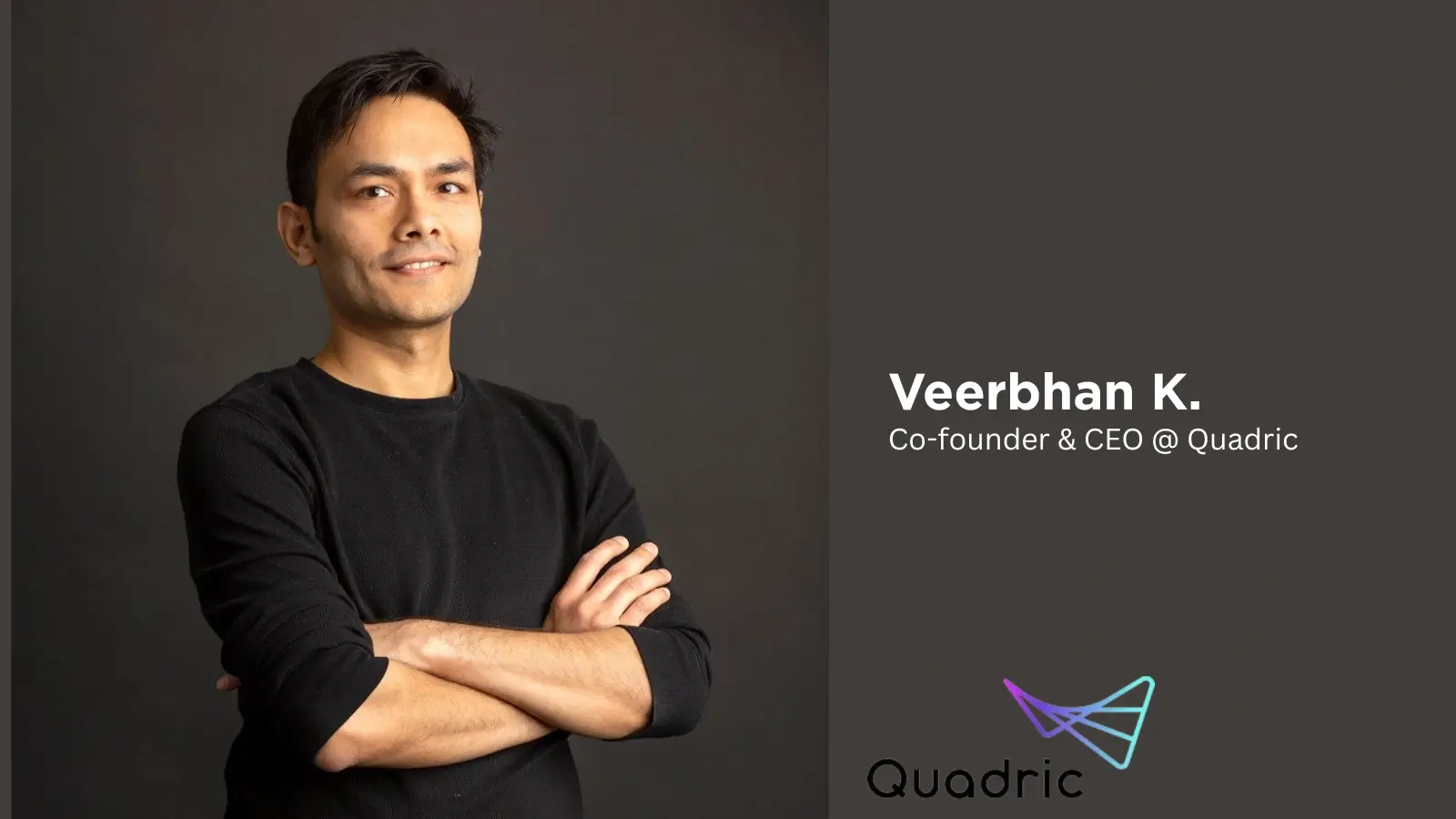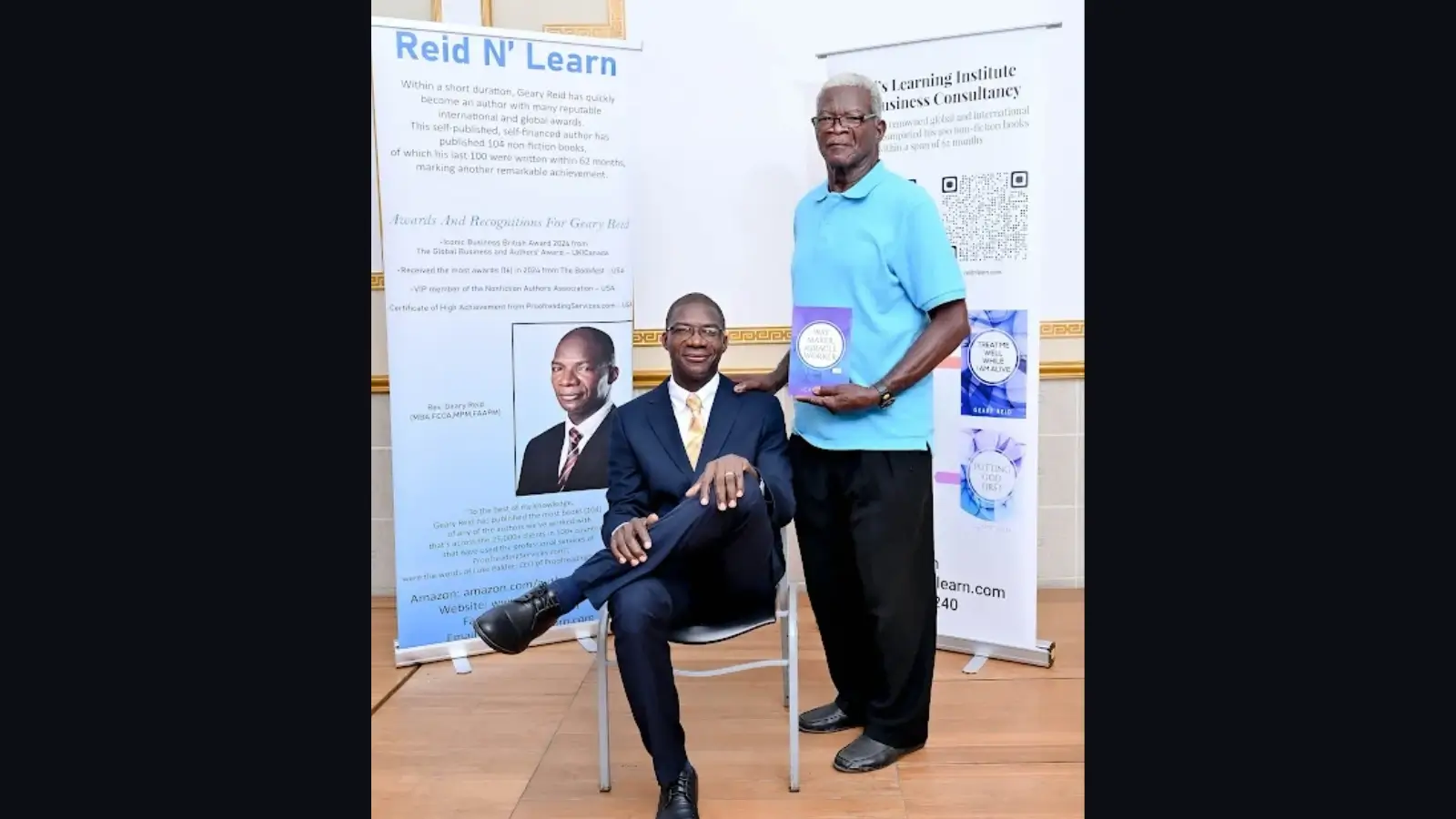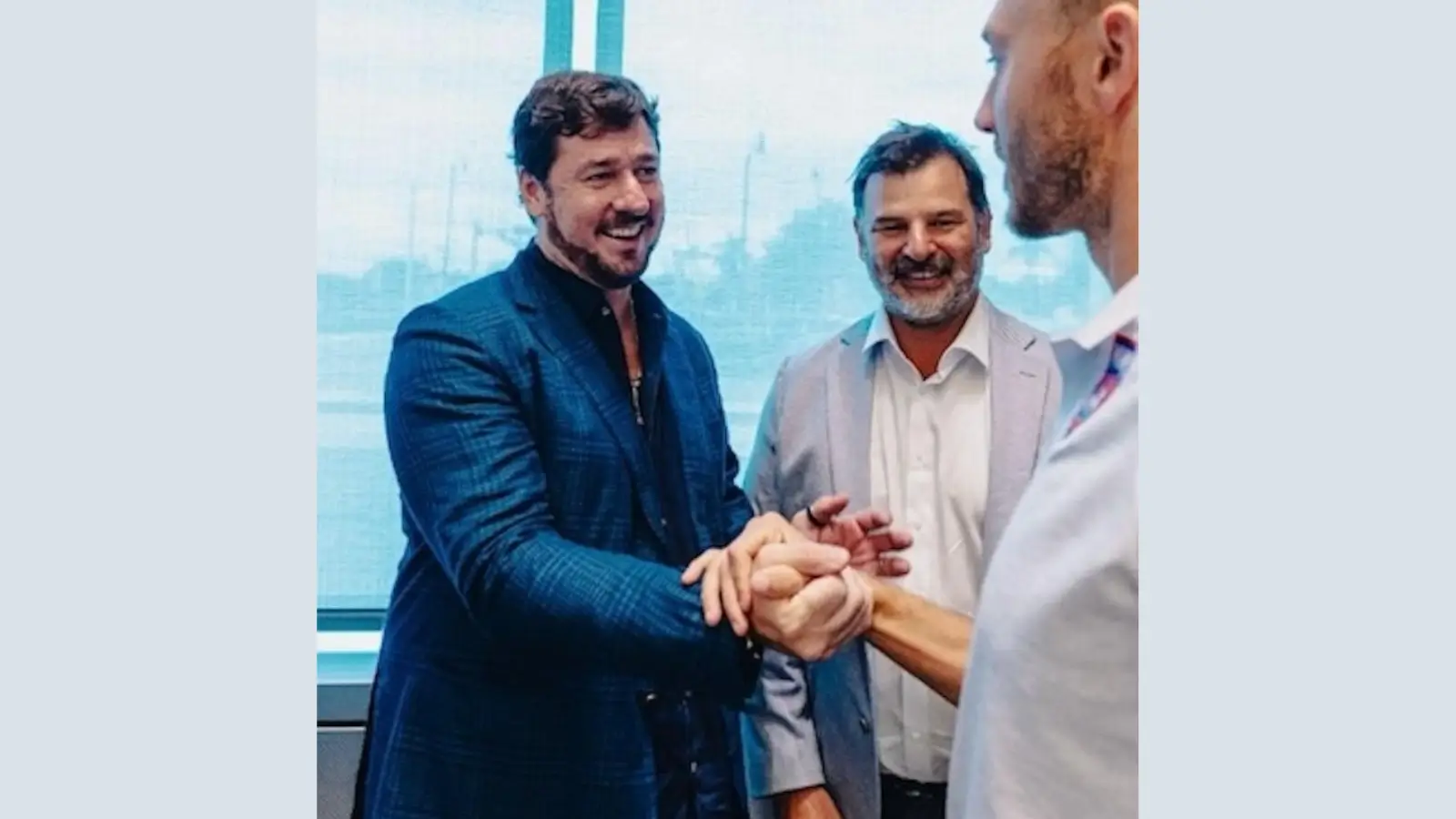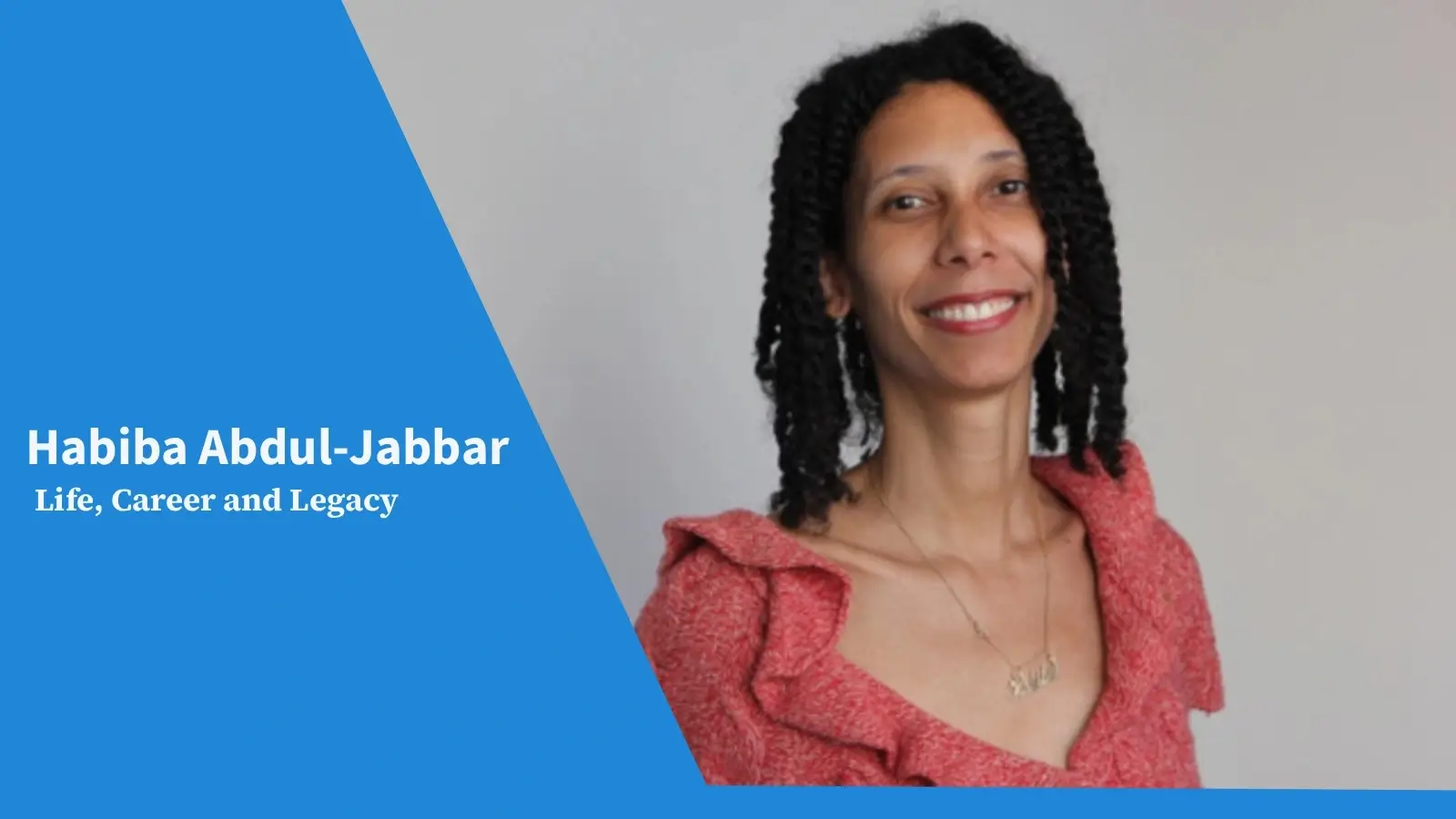Unlocking the Power of Inclusion: The Journey of Geffrye Parsons, a Thought Leader in Diversity and Inclusion
— Geffrye Parsons, Founder & CEO of The Inclusion Imperative

Geffrye Parsons, a renowned expert in diversity and inclusion, is the founder and CEO of The Inclusion Imperative. With a dedicated career focus on building leadership capabilities, he helps organizations harness the power of inclusion to drive well-being, organizational learning, and superior business outcomes. With over 35 years of experience in executive roles across the UK, Hong Kong, Singapore, and the Netherlands, Geffrye has worked with leading international financial and professional services organizations, sharing his expertise as a respected writer, speaker, and facilitator.
Geffrye's journey began in the early 1980s, when he first stepped into the world of finance as a young executive at a prominent financial institution. He quickly rose through the ranks, becoming a respected leader in the industry and earning a reputation for his ability to build strong relationships with colleagues and clients. However, as he progressed in his career, Geffrye began to notice a growing trend - despite the progress that had been made in promoting diversity and inclusion, many organizations still struggled to truly create an inclusive environment.
This realization sparked a passion within Geffrye to help organizations overcome these challenges and unlock the potential of their employees. He began to study the latest research and best practices in diversity and inclusion, and soon became recognized as a thought leader in the field. Through his work as a consultant, speaker, and facilitator, Geffrye has helped countless organizations around the world to build more inclusive cultures, improve employee engagement, and drive business results.
As Geffrye so eloquently puts it:
"Inclusion is not just about ticking boxes or checking off diversity metrics. It's about creating an environment where everyone feels seen, heard, and valued. It's about recognizing that diversity is not just about demographics, but about creating an ecosystem where everyone can thrive."
The Quest for Equality: A Limiting Approach
Geffrye's journey began with a realization that equality is not enough in the workplace. While equality is an appealing concept, it can lead to a one-size-fits-all approach that fails to recognize and utilize the unique strengths and perspectives of each individual. In a world where difference is the root of all progress, Geffrye argues that embracing diversity is crucial for achieving superior business outcomes.
The Importance of Equity
Geffrye advocates for equity, which means providing everyone with the opportunity to grow and thrive regardless of their starting points. This approach recognizes that individuals have different strengths, skills, and experiences that need to be accommodated to achieve true equality. By equipping individuals equitably, organizations can create a culture where everyone feels empowered to contribute their unique perspectives and skills.
Addressing Equitable Practices
Geffrye emphasizes the importance of addressing equitable practices as a strategic priority. This involves tackling causes rather than symptoms, making systemic changes that create a culture of inclusion. He identifies four dimensions of relative inequity – institutional, structural, interpersonal, and internalized – that must be addressed to create a truly inclusive environment.
Empathetic Leadership: The Key to Unlocking Potential
Geffrye's approach to leadership is rooted in empathy and understanding. He advocates for "psychological ergonomics," which involves creating an environment that brings out the best in each individual by making "reasonable adjustments" to accommodate their unique needs and abilities. This approach fosters inclusion safety and enables individuals to feel empowered to explore divergent thinking and contribute their unique perspectives.
The Importance of Inclusion Safety
Geffrye emphasizes the critical role of inclusion safety in creating an environment where individuals feel comfortable sharing their ideas and perspectives. He believes that leaders must create an environment that encourages psychological safety, allowing individuals to feel secure in sharing their thoughts and experiences.
In Conclusion, Geffrye's journey has taught him that true inclusion is not about treating everyone equally but about recognizing and valuing individual differences. By embracing diversity and equity, organizations can unlock the potential of their employees, drive innovation, and achieve superior business outcomes. As Geffrye so eloquently puts it: "equality is not in regarding different things similarly; equality is in regarding different things differently."




















